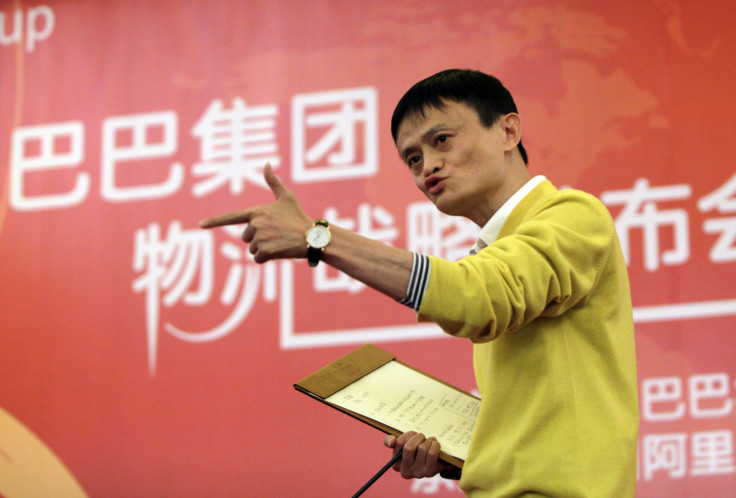Alibaba And Baidu Inc. (BIDU) Revolutionize China's Financial Sector, By Bringing Together Microfinance And The Digital Age

China’s financial sector is undergoing a dramatic facelift thanks to innovations from major Internet companies like Alibaba and Baidu Inc. (Nasdaq:BIDU), which are quickly bringing the concept of microfinance into the digital age.
The second half of 2013 saw many companies wade into the “ground zero for Chinese Internet finance,” after the phenomenal success of Yu’e Bao, which means “leftover treasure,” from Alibaba. The online personal finance product introduced in June allows users to penny pinch by placing small savings – at least one yuan (17 cents) – into a money market fund, Xinhua reported on Tuesday.
By the end of the year, Yu’e Bao’s 43.03 million users, from more than 2,000 counties and cities in 31 provincial-level regions, have made deposits of 185.3 billion yuan ($30.4 billion) – the biggest single public fund in China.
Unlike traditional savings accounts with commercial banks, Yu’e Bao offers users a much higher return rate as well as wealth management services, said Zu Guoming, one of the founders of the Alibaba subsidiary.
Its rates vary day to day, sometimes moving as high as 7 percent – much higher than the 0.35 percent interest rates offered by major banks and the 3.25 percent rate for one-year deposits, according to Xinhua.
That high rate of return had brought 1.79 billion yuan in profits to its millions of users by the end of 2013, merely six months since its launch.
"The launch of Yu'E Bao is like the tipping point for Internet finance in China," Zu said.
The product’s popularity also comes from its low threshold, which brings wealth management to the masses, since most wealth management products offered by commercial banks do not cater to customers with less than 50,000 yuan.
China’s banking services have traditionally been tightly controlled by the government. Major banks are state owned, without being market-oriented. This may change with policy reforms announced at the Third Plenum, but any change will take some time.
"Interest rates have not been liberated. To ordinary people, deposit interest rates are very low while loan rates are very high. At this point, the market remains quite unfair," said Zou Pingzuo, a researcher with the People’s Bank of China.
While the government sorts out its policies, Yu’e Bao is opening the market to the Chinese, especially to small- and medium-sized enterprises and individual depositors, creating a good opportunity for micro-financing.
Following Alibaba’s stunning success, Baidu, which operates China’s most popular search engine, launched its own online wealth management product – Baifa. Two months later, another Internet firm, NetEase, launched Tianjin, another interpretation of the same idea.
"China's financial industry needs disrupters. It needs outsiders to come in and transform it," said Jack Ma, the charismatic founder of Alibaba at the time of the Yu’e Bao launch, according to Xinhua. Just half a year later, Ma has already delivered on that promise.
© Copyright IBTimes 2024. All rights reserved.





















